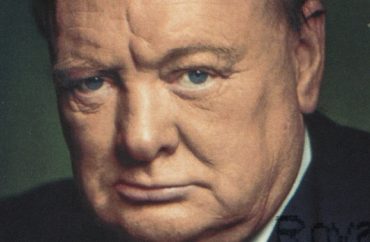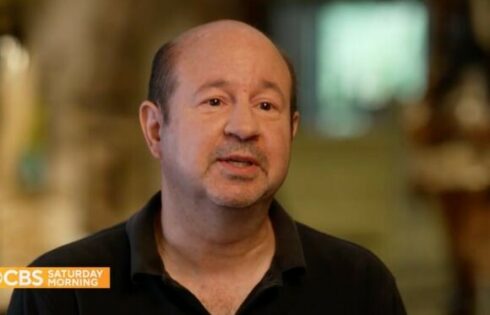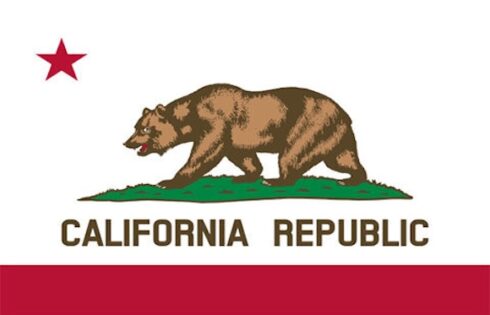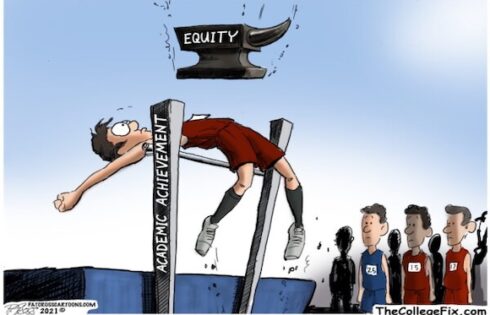
The new Advanced Placement European History framework has received a makeover that eliminates religion’s influence on the development of Western Civilization, ignores Winston Churchill, whitewashes the evils of communism, and lauds the welfare state, according to David Randall with the right-of-center National Association of Scholars.
“The new curriculum omits the development of faith and freedom in European history and focuses on the development of the welfare state,” Randall told The College Fix in a phone interview.
The association released a report authored by Randall this month titled “The Disappearing Continent” that claims the framework “warps and guts the history of Europe to make it serve today’s progressive agenda.”
Virtually all mention of religion in the 19th century is removed, and several key figures such as Christopher Columbus and Winston Churchill are not mentioned in the College Board’s framework, Randall said.
David Coleman, president of College Board, was a major architect of the Common Core Standards developed under the Obama Administration.
AP European History is a college-prep high school class that many students expecting to attend a four-year university can take. At the end of the course, students can choose to take an exam and can earn college credit in that course by passing (attaining a 3/5 or higher). The exam is based on the framework provided by the College Board to high school teachers, and so educators tend to focus on the guidelines to shape their lesson plans.
MORE: University drops math as grad requirement, mulls diversity requirement
The College Board’s new AP European History examination, which debuted last year, “turns Europe’s history into a foreshortened, neo-Marxist, generic narrative of historical modernization, powered by abstract social and economic forces,” the association’s report states. “It defines modernization around secularism, the state, and a thin supportive intellectual history.”
Randall told The College Fix that key parts of the narrative of British freedom, such as its many wars with France and the triumph of parliamentary government, are downplayed or not mentioned at all. The framework presents the history of government and its development into the modern welfare state rather than the history of liberty, he said.
“[It] uses words like capitalism rather than the free market to note how consumers and capitalists work against the environment, gives the sense that the industrial revolution contributed more to poverty than prosperity, whitewashes the repressive Marxist and Soviet histories of Eastern Europe, and predominantly features leftist Enlightenment political thinkers,” he said.
The report also finds the framework “treats the movement to abolish slavery without mentioning how it was inspired by religious faith, led by saints such as William Wilberforce and hymned to Amazing Grace.”
NAS concluded it “presents European history in dull, flat, politically slanted jargon” and is a “hollowed-out version of history.”
Leading the charge to inspire the College Board to re-work the standards, NAS members are hopeful they will be able to effect change, Randall said.
After the new AP US History curricular framework was revised in 2015, it was subsequently revised by the College Board after uproar that it largely ignored the Founding Fathers and the heroics of World War II, among many other complaints.
MORE: Critics — New College-Prep Curriculum Paints U.S. History in Horrific Light
Yet Randall said the changes were mostly cosmetic, only affecting the course and exam description rather than the teacher training materials and suggested syllabi.
“We are in the middle of the campaign and we are working hard for changes,” Randall said. “It remains to be seen whether or not the College Board will make revisions.”
Like The College Fix on Facebook / Follow us on Twitter
IMAGE: wantanddo / Shutterstock.com





Please join the conversation about our stories on Facebook, Twitter, Instagram, Reddit, MeWe, Rumble, Gab, Minds and Gettr.